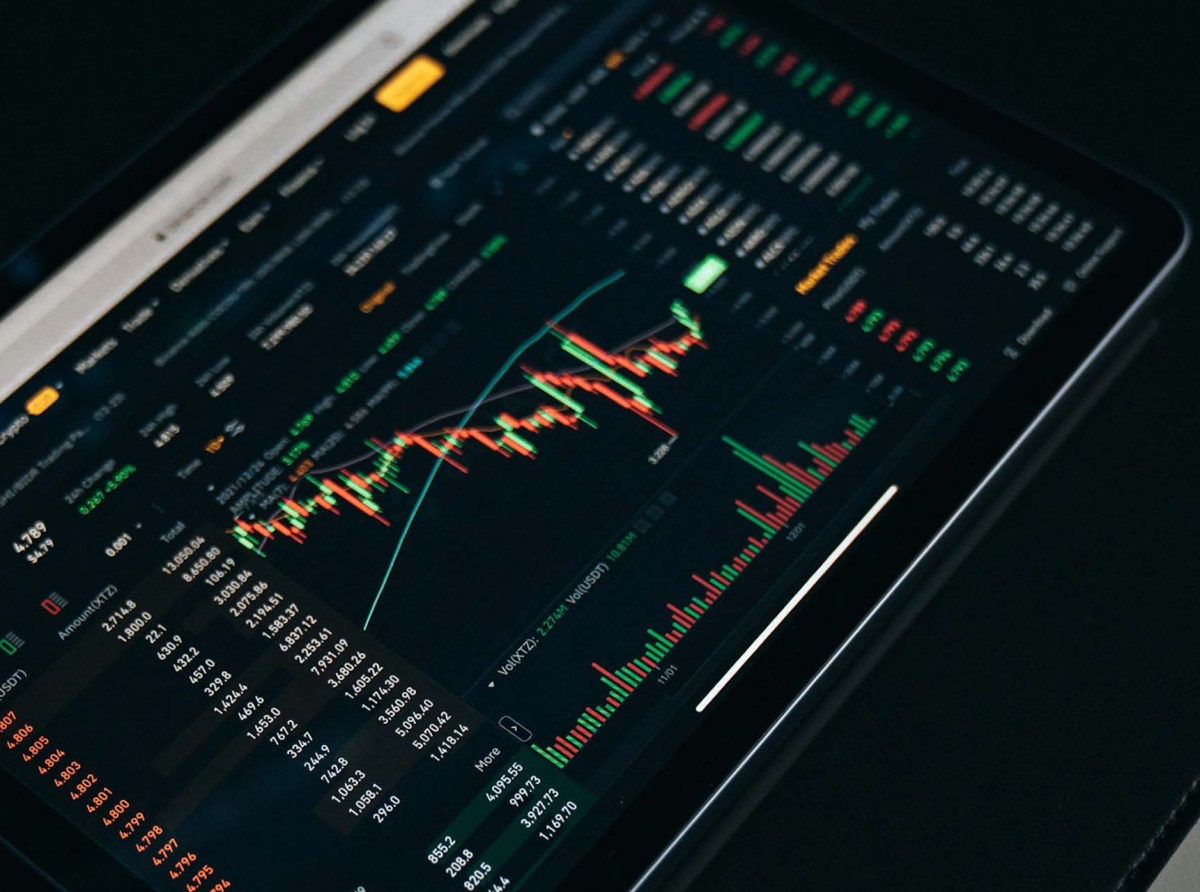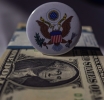
Mechanisms of Forex Market Maker Manipulation
Forex market makers are pivotal players in the currency exchange ecosystem. They serve as intermediaries, providing continuous bid and ask prices for currencies and filling orders from clients. By doing so, they facilitate liquidity, which is the lifeblood of the forex market, ensuring that trades can be executed even during periods of less trading activity. Their role is not merely passive; market makers actively set prices at which they are willing to buy (the bid) and sell (ask) currencies, effectively “making a market.”
Unlike a stock exchange where buyers and sellers are matched, in forex, market makers may take the opposite position of your trade. Major banks and financial institutions often function as market makers in this decentralized market, holding inventories of different currencies to satisfy the demand and supply.
Unlike a stock exchange where buyers and sellers are matched, in forex, market makers may take the opposite position of your trade. Major banks and financial institutions often function as market makers in this decentralized market, holding inventories of different currencies to satisfy the demand and supply.

Mechanisms of Forex Market Maker Manipulation
The Concept of Price Manipulation by Market Makers in Forex Trading
The term “price manipulation” carries a negative connotation and implies that market makers may engage in practices to move currency prices in a direction that benefits them or harms other market participants. Regulated markets strive to prevent such activities; however, due to the sheer size and unregulated nature of portions of the forex market, some degree of influence is possible.Price manipulation can be understood as strategic moves made by large players that have substantial influence on currency prices. These maneuvers can cause shifts that don’t align with underlying economic data or general market sentiment.
Strategies Used by Market Makers to Influence Forex Prices
Market makers can deploy several strategies to shape forex prices:Stop Hunting: This involves pushing prices to a level where many stop-loss orders are known to be placed. By triggering these stops, market makers can buy at lower prices or sell at higher ones once retail traders are pushed out of their positions.
Price Shading: Market makers may slightly alter the bid/ask spread to their advantage based on anticipated price movements during high volatility events or expected directional trends.
Artificial Spikes: Quick, sharp movements in prices can trigger reactions from traders who fear missing out on a trend; subsequent retracements often lead these traders into losses.
The Impact of Market Maker Manipulation on Retail Forex Traders
Retail traders are particularly vulnerable to manipulation due to their relative lack of capital and information. A manipulated move can quickly activate their tight stop-loss orders or prompt decisions based on deceptive price movements. Such strategies capitalize on common retail trading behaviors and technical analysis markers.Furthermore, these manipulations can foster an environment filled with uncertainty for retail traders who may second-guess their strategies or become hesitant due to inexplicable losses attributed to seemingly random spikes or dips in currency exchange rates.
Ways to Recognize and Mitigate the Risks of Manipulation as a Forex Trader
Vigilance is key for retail traders when it comes to recognizing potential manipulation:Study Price Patterns: Understanding typical price behaviors during different trading sessions can help identify anomalies.
Broader Stop Losses: Placing wider stop losses outside common manipulation zones reduces the risk of being stopped out prematurely.
Avoid Overreaction: Reacting hastily to abrupt price changes without confirmation from additional indicators can result in losses.
Post-Economic Releases: Trading after major news releases reduces exposure to volatile periods when manipulation is most likely.
By comprehensively grasping these dynamics and practicing cautious trading tactics, forex traders can safeguard themselves against potential manipulative practices by larger market participants. Ultimately, knowledge, strategy refinement, and disciplined risk management form the bulwark against such adverse influences in the complex world of forex trading.
Forex trading, Market maker, Price manipulation, Risk management, Currency market









Report
My comments